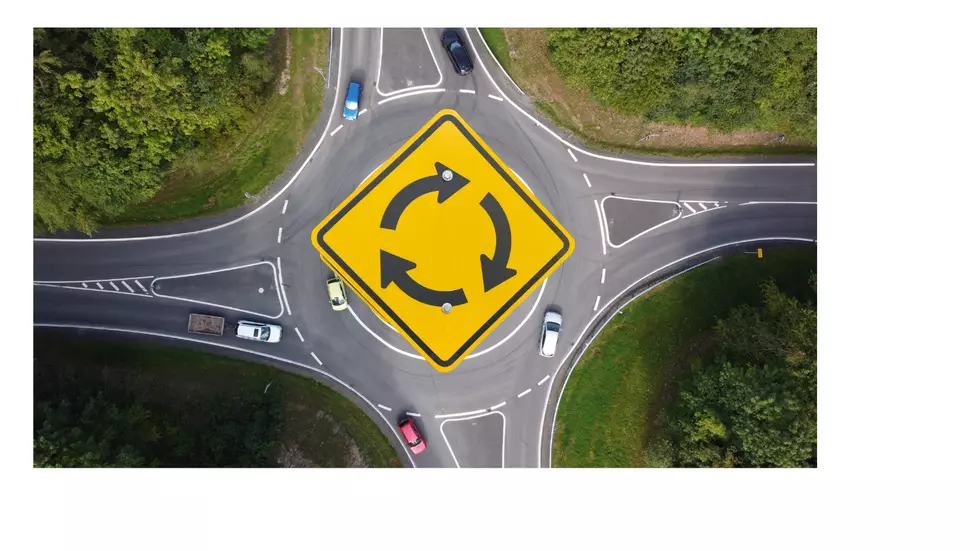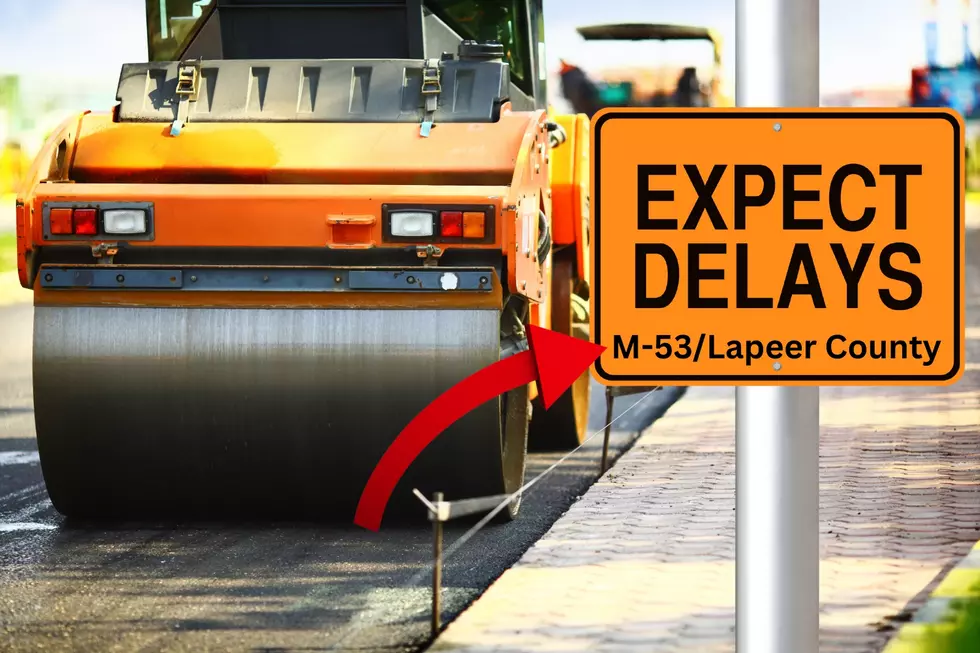
Woman Charged for Smoking Weed Day Before Fatal Crash w/ Drunk Driver
A fatal accident in Indiana between a drunk driver and a vehicle occupied by young women has drawn the attention of many, due to the questionable circumstances under which one driver is being charged in the matter.
According to Evansville Courier & Press, 20-year-old Whitney Winstead was driving some friends around when they had a head-on collision with the vehicle of 18-year-old Osiel Marroquin, who was driving drunk and traveling the wrong way down Indiana 62. One of Winstead's passengers, a 15-year-old girl, was killed as a result of the crash, and another one of her passengers was injured.
Marroquin, the drunk driver, is facing reckless homicide charges for his role in the fatal crash. Winstead is being charged with "operating a vehicle with a schedule I or II controlled substance or its metabolite in the body," a misdemeanor, for smoking marijuana the day prior to the accident.
Driving under the influence of any intoxicant is extremely dangerous, but this case seems like a bit of a stretch. I mean, how long after you smoke marijuana are you no longer considered "under the influence" in the eyes of the law? Is it two days? A week? Maybe you should wait a month after you smoke before you get behind the wheel. You know, just to be safe. Even then, depending on the circumstances, you could still technically have "a schedule I or II controlled substance or its metabolite in the body."
Now I'm not saying that Winstead definitely was not under the influence. She could have been lit for all I know. The only reason I'm writing about this is because seeing headlines like this could soon become the norm in Michigan. Unlike with alcohol, detecting someone's level of intoxication from marijuana is not an exact science. However, a new law signed by Governor Rick Snyder last June approved roadside drug testing for the state using unreliable testing methods.
Michigan's law, the five county pilot program for which has been delayed to Spring 2017, will allow law officers to administer roadside saliva tests to detect the presence of narcotics. Unfortunately, even for legal medical marijuana users, marijuana can sometimes be detected in your saliva several days after use. That means if you smoke on a Monday morning, you could still be "too intoxicated to drive" on Thursday. Kind of ridiculous, huh?
You can't fault government for trying to rein in intoxicated drivers. They should be doing that, but moving forward with testing methods that, many experts agree, are unreliable, will make cases difficult to prosecute, and waste a lot of tax dollars in the process. Not to mention the unfair impact those charges can have on the lives of those who, for all intents and purposes, are responsibly using a legal substance. You may want to keep that in mind going forward.
More From Banana 101.5









